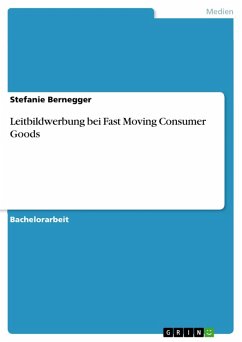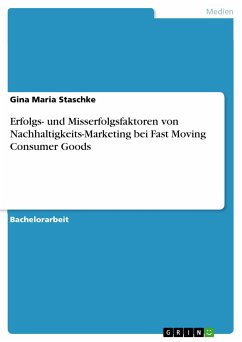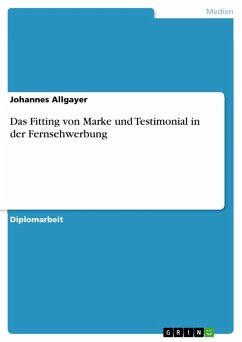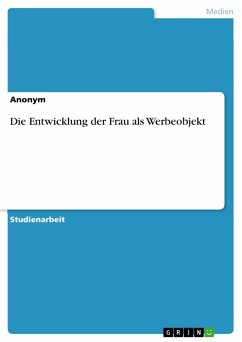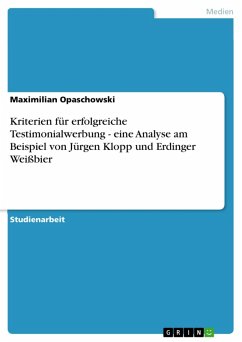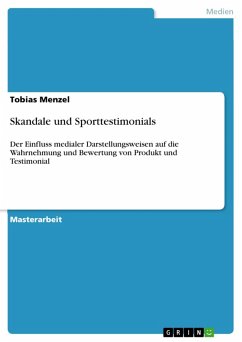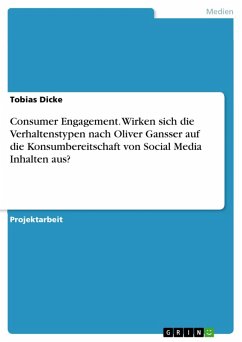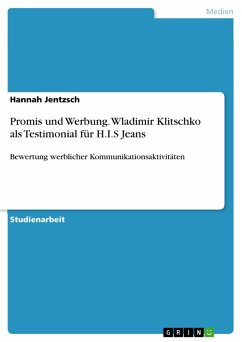Bachelorarbeit aus dem Jahr 2010 im Fachbereich Medien / Kommunikation - Public Relations, Werbung, Marketing, Social Media, Note: 2, Fachhochschule St. Pölten, Sprache: Deutsch, Abstract: This present paper deals with testimonial advertising for fast moving consumer goods. Concretely the testimonial is a part of the co-branding and is linked with the fast moving consumer goods, their brand and their characteristics. The factors of success on the concept level as well as on the execution level get transferred to the co-branding partner. It has been determined that the testimonial is proper for a brand alliance partner, because it represents a brand, has a brand strength and addresses a certain target group. On the concept level it is necessary that a brand fit exists between the brand of the testimonial and the brand of the fast moving consumer good. Furthermore there has to be a product fit or reasonable shared identity and the target groups of both also have to have a positive or additional fit. In general for all three fits and for the brand strength matters: the higher - the better for the co-branding. The complementarity as the fifth success factor says, the more the alliance partner fit together, the better is the evaluation through the recipient. The involvement, the buying behaviour and the tangibility contribute an important factor for the evaluation of the co-brand. Especially in the FMCG sector, there are a range of market research outcomes, so it is plannable and can be taken into consideration. The factors of success on the execution level are the distribution of roles (leading role and additional role), the designing parameter (name, slogan, image motif) and the promotional benefit. Potential weaknesses in the concept level can be removed through a persuasive, meaningful communication on the execution level. Conversely it is not or hardly possible. The testimonial itself is an insecure variable, because changes of the image can affect the fast moving consumer goods in a negative way.
Dieser Download kann aus rechtlichen Gründen nur mit Rechnungsadresse in A, B, BG, CY, CZ, D, DK, EW, E, FIN, F, GR, HR, H, IRL, I, LT, L, LR, M, NL, PL, P, R, S, SLO, SK ausgeliefert werden.

